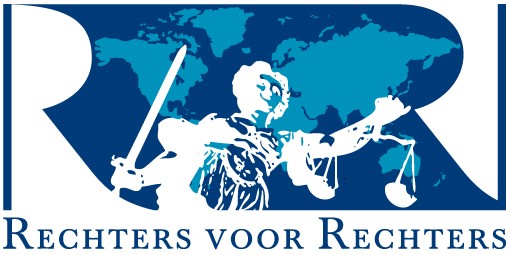
In a new report, the ICJ calls on the authorities, especially the National Constituent Assembly, to elaborate and adopt a constitution that takes account of the full range of views of the Tunisian people and adheres to international law and standards.
Released today, the report, Enhancing the Rule of Law and guaranteeing human rights in the Constitution, comes as the ICJ concludes a high-level mission to Tunisia. It analyzes the constitutional reform process in Tunisia and sets out recommendations for legal and institutional reforms aimed to ensure a Constitution that reflects international law and standards.
Through its report, the ICJ calls for the Constitution to be amended to: fully guarantee the separation of powers; ensure the accountability of the security services and armed forces and their subordination to a civilian authority; bring the judicial system in line with international standards of independence, impartiality and accountability; end the use of military courts to try civilians and cases involving human rights violations; incorporate a comprehensive Bill of Rights; recognize the right to life as an absolute right, and abolish the death penalty; and provide effective mechanisms for the protection of human rights and ensuring the right to a remedy.
“The constitution-making process has been clear, certain and transparent, representing a clean break from the practices and policies of President Ben Ali’s regime,” said Said Benarbia, ICJ Senior Legal Adviser of the Middle East and North Africa Programme. “However, while the draft Constitution broadens the separation of powers and human rights provisions of the 1959 Constitution, it should be comprehensively amended to reflect international law and standards and to meet the democratic aspirations of the Tunisian people expressed during the uprising.”
The ICJ mission (27 January – 2 February 2013), led by ICJ Commissioners Justice José Antonio Martín Pallín and Dr. Gustavo Gallón, met with the President of the NCA, Mustafa Ben Jaafar, the Minister of Human Rights and Transitional Justice, Samir Dilou, the Minister in charge of relations with the NCA, Abderrazak Kilani, the respective Presidents of the NCA Committee on Rights and Freedoms, Farida Labidi, and the Committee on Ordinary, Administrative, Financial and Constitutional Justice, Fadhel Moussa, as well as high-ranking officials from the Ministry of Justice. The delegation also met with the President of the Bar Association, Monsieur Chawki Tabib, members of the judiciary and the legal community and civil society.
Contact:
- Said Benarbia, ICJ Senior Legal Adviser of the Middle East and North Africa Programme, m: 216 21 765 152, e-mail: said.benarbia@icj.org
- Tunisia-Constitution report-publications-2013 (full report, in pdf)
- Tunisie-Rapport Constitution-press release-2013-FRA (full text, in pdf)
- Tunisie-Rapport Constitution-publications-2013-FRA (full report, in pdf)
